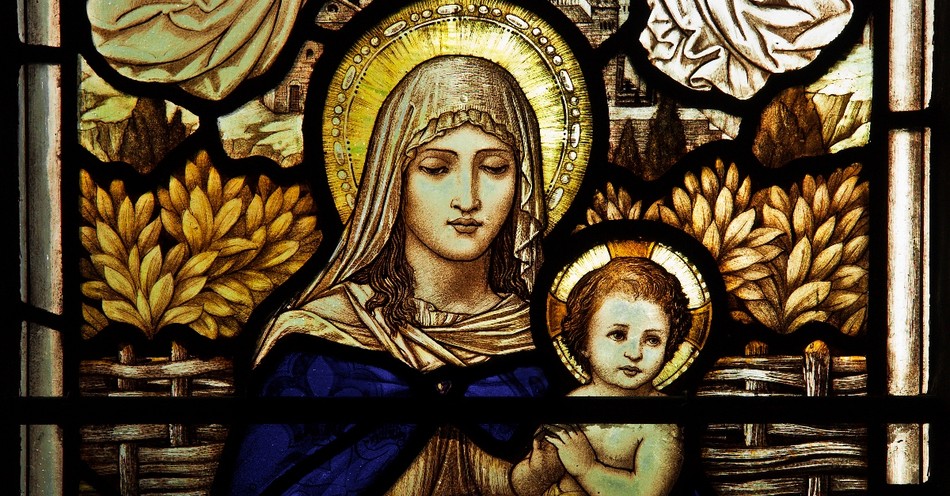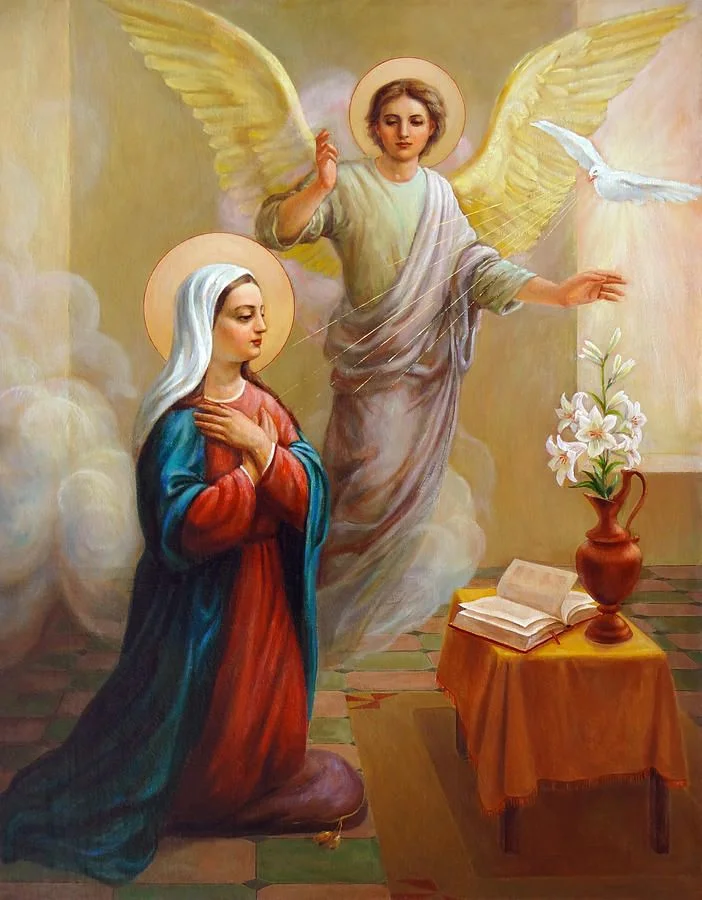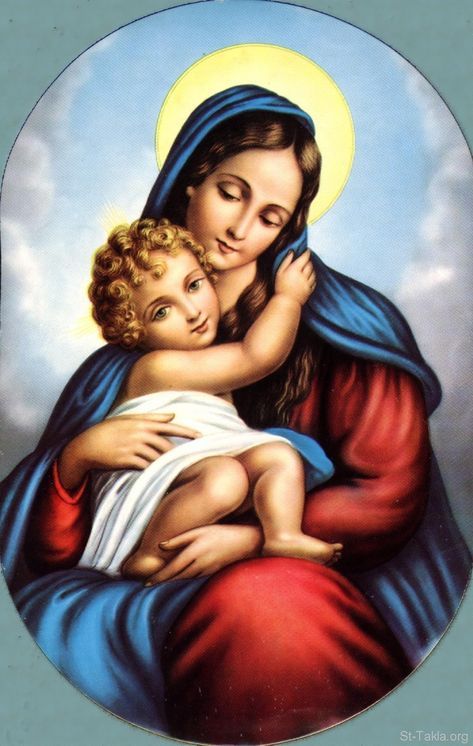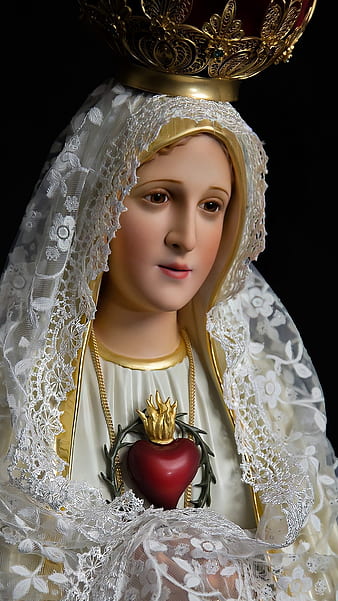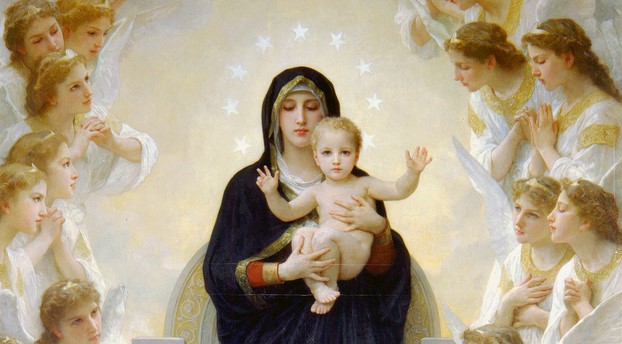The Miraculous Life of Mary: A Theological and Historical Analysis
This essay explores the life of Mary, mother of Jesus, within a theological framework, examining key events and their interpretations across various theological and historical lenses. We will define key concepts such as Immaculate Conception, Incarnation, and Intercession to provide a clear understanding of the discussed phenomena. The analysis will delve into the significance of these events, their impact on Christian theology, and their relevance to contemporary faith.
1. The Immaculate Conception and the Incarnation: The doctrine of the Immaculate Conception, distinct from the conception of Jesus, posits Mary's freedom from original sin from the moment of her own conception. This concept, central to Marian theology, is understood through the lens of prevenient grace, a preemptive divine action preparing Mary for her role in the Incarnation. The Annunciation, the angel Gabriel's announcement of Mary's pregnancy, marks the pivotal moment of the Incarnation – the union of the divine and human natures in the person of Jesus Christ. This event fundamentally alters the course of history, viewed as a transformative act within the framework of Soteriology, the study of salvation. The application of this theological understanding highlights the central role of grace in God's plan for humanity's redemption.
2. Mary's Faith and Obedience as Exemplars: Mary's response to the Annunciation, "Behold, I am the handmaid of the Lord; let it be to me according to your word," exemplifies complete faith and obedience to God's will. This act of surrender, interpreted through the lens of kenotic theology (the self-emptying of Christ), reflects a profound trust in divine providence. This obedience, in conjunction with the miraculous nature of the Incarnation, serves as a powerful model of faith for believers, highlighting the importance of surrendering personal will to God’s plan.
3. Miracles Associated with Mary and their Interpretations: The Visitation, Mary's visit to Elizabeth, showcases the power of Mary's presence. John the Baptist's leaping in Elizabeth's womb is interpreted as a sign of the Holy Spirit's work. The wedding at Cana, where Jesus turns water into wine at Mary's request, highlights her role as intercessor and reveals the close relationship between mother and son. These events, analyzed through the prism of miracles as acts demonstrating divine power, are interpreted as confirmations of Mary's divine favor and her pivotal role in salvation history. The application of miracle narratives offers comfort and hope to believers, demonstrating God's ongoing intervention in the world.
4. Marian Apparitions and Devotion: The reported apparitions of Mary at Lourdes and other locations demonstrate the ongoing devotion to Mary and highlight the importance of religious experience in shaping faith. These events, while interpreted differently within the theological spectrum, strengthen faith for believers and illustrate the persistence of Marian devotion throughout history. The analysis of these apparitions requires a nuanced approach considering both historical and theological perspectives, acknowledging the significance of individual faith narratives while recognizing the need for critical assessment.
5. Mary's Role in Redemption and Universal Motherhood: The theological concept of Mary as the "New Eve" counters the narrative of Eve's disobedience in Genesis. This interpretation portrays Mary as reversing the consequences of original sin through her faith and obedience. Her role as mother of all believers, as depicted in John 19:26-27, emphasizes her universal motherhood and her encompassing love. This perspective utilizes the typology method in biblical interpretation, tracing parallels between Old and New Testament figures to illuminate theological themes. Applying this typology shows how Mary's actions and role serve as a powerful symbol of God’s grace and redemption.
6. The Rosary and Marian Devotion: The Rosary, a traditional Catholic devotion, utilizes the meditative repetition of prayers and reflections on the life of Christ. This act of devotion, understood through the framework of spiritual disciplines, strengthens faith and enhances the relationship between believers and the divine. Analyzing the practice of the Rosary highlights the importance of contemplative prayer and its role in fostering personal faith and promoting a deeper understanding of Christian theology. Its practical application promotes spiritual growth and fosters a closer connection with the Divine.
7. The Perpetual Virginity of Mary: The doctrine of Mary's perpetual virginity asserts her virginity before, during, and after the birth of Jesus. This doctrine, often debated across theological traditions, holds significant theological implications for understanding the nature of Christ and the divine plan of salvation. The application of this concept requires careful consideration of historical and theological perspectives, understanding that interpretations vary among different Christian denominations.
Conclusions and Recommendations: The examination of Mary's life reveals a complex interplay of theological interpretations and historical accounts. While the miraculous aspects of her life require careful scrutiny, the profound impact of her faith and obedience remains central to Christian theology. Further research should focus on interdisciplinary approaches, combining historical analysis with theological interpretation to better understand the development of Marian doctrines and their impact on Christian piety. This research must acknowledge the diversity of viewpoints on Marian theology, encouraging respectful dialogue between different theological perspectives. The findings of such research can inform pastoral practices and enhance the understanding of Mary's role within the broader context of Christian faith. The implications are far-reaching, influencing beliefs, practices, and ultimately, the way individuals experience their faith and their relationship with God.
Reader Pool: What are the implications of the different theological interpretations of Mary's life for contemporary understandings of faith and practice?


